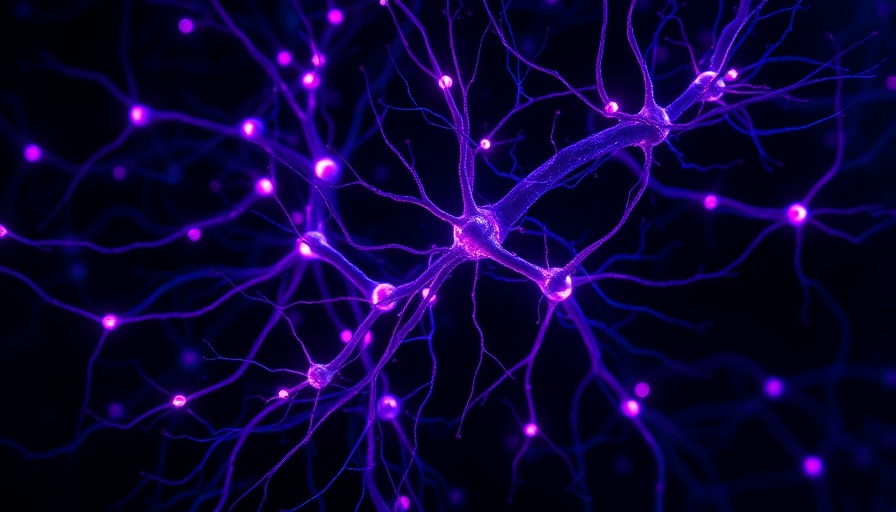
A Groundbreaking Discovery for Brain Health
A recent study suggests that a trace mineral—zinc—may play a significant role in protecting the brain from Alzheimer's disease. This finding is particularly crucial as Alzheimer's impacts not only those who suffer from it but also their families. Considering that parents are also caregivers, this information is vital for your long-term health strategies.
What is Zinc and Why Does It Matter?
Zinc is an essential mineral involved in numerous biological functions, including immune response, wound healing, and DNA synthesis. It's often found in foods such as meat, shellfish, legumes, seeds, nuts, dairy, and whole grains. But beyond basic health, zinc is now being recognized for its potential protective effects against neurodegenerative disorders like Alzheimer’s.
The Study’s Implications: A Closer Look
The study unveiled that individuals with higher levels of zinc in their system may experience a reduced likelihood of developing Alzheimer's disease. Researchers analyzed data from a diverse set of participants, finding that those with optimal zinc levels demonstrated significant cognitive resilience against the disease.
Connecting Zinc to Family Health
For parents with children, understanding the benefits of adequate zinc intake can lead to healthier lifestyle choices. This trace mineral not only supports your child's developmental health but could also be a preventive measure for future generational health. With increasing research on nutrition’s impact on brain health, it becomes essential to foster dietary habits in your family that emphasize nutrient-rich foods.
Parallel Examples: How Nutrition Influences Cognitive Health
This isn't the first time we've seen nutrition taking center stage in cognitive health discussions. For instance, the Mediterranean diet, rich in omega-3 fatty acids and antioxidants, has been linked to lower dementia risk. Both studies underline a proactive approach to health, suggesting that what we consume today can influence how we feel and function tomorrow.
Take Action: Nutritional Strategies to Implement Today
To harness the benefits of zinc for you and your family, consider incorporating more zinc-rich foods into daily meals. Offer snacks like nuts and seeds to your children, or prepare meals that include lean meats or shellfish. Supplementation could be an option as well, but it’s recommended to consult with a healthcare provider before doing so. Making these dietary changes is a practical step you can take to fortify your family's brain health.
The Future: Prepping for Alzheimer's Awareness
As awareness of Alzheimer's disease grows, it's crucial for parents to educate themselves and their children about brain health. The more informed we are about the potential effects of nutrition and lifestyle factors, the better equipped we can be in preventing this devastating disease that affects millions.
Common Misconceptions About Alzheimer's Prevention
Many believe that Alzheimer's is solely a genetic issue; however, environmental factors and nutrition play a substantial role. By breaking down these myths, we can empower not only ourselves but also future generations to take preventive measures today.
In conclusion, the emerging evidence linking zinc to brain health opens new avenues for family wellness. By paying attention to our nutritional choices, we can pave the way for a healthier future for our children and protect against potential risks like Alzheimer's disease. So, why not start emphasizing healthier meals in your home today?
 Add Row
Add Row  Add
Add 




Write A Comment